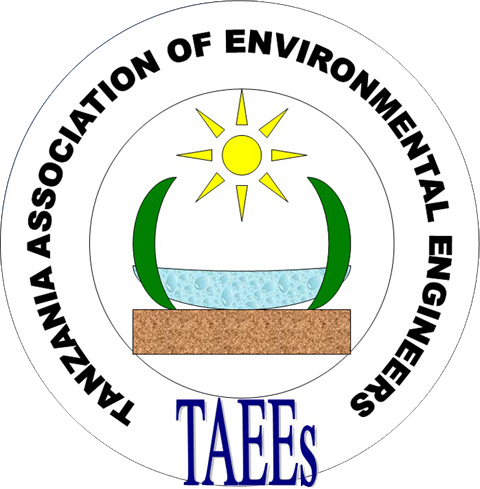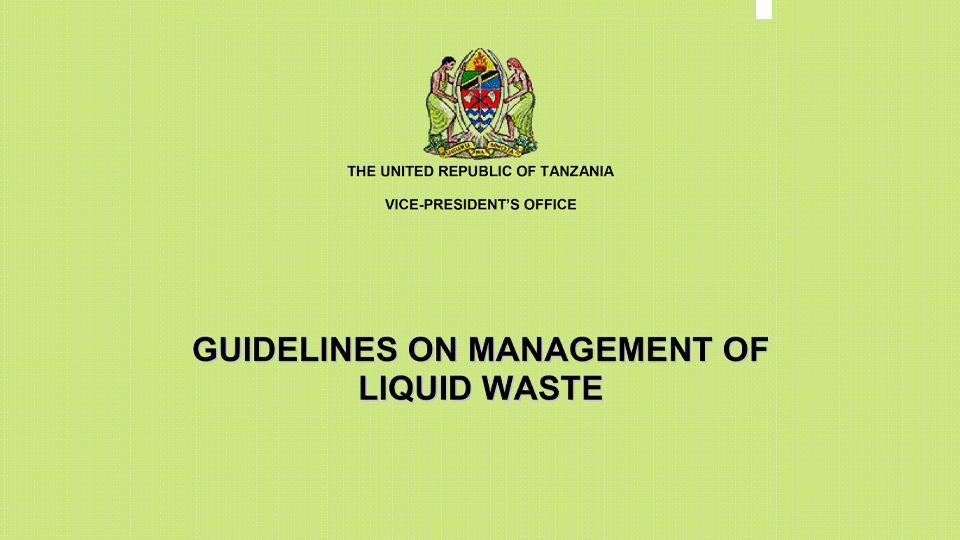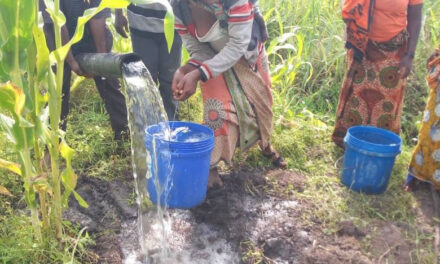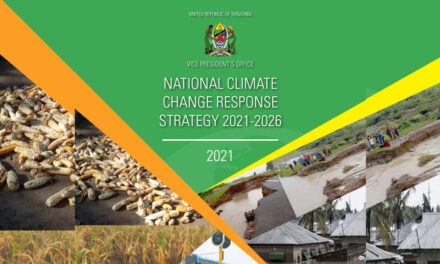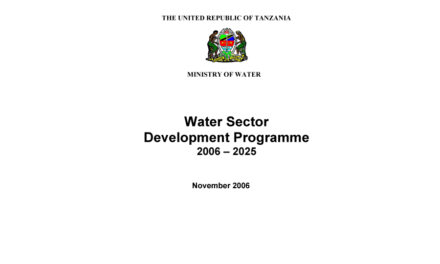Liquid waste management is increasingly becoming among the socio-economic environmental challenges in the country. This is a result of rapid growth of population; urbanization; rural development; growing population; climate change; agriculture and increased demand from industry and limited resources to cater for the growing volume
and pollutants of liquid waste. The inadequacies in liquid waste treatment systems have led into water related diseases such as diarrhoea and cholera and deterioration of environmental quality. Discharge of untreated or inadequately treated liquid waste from various sources often causes pollution or harmful effects to the environment and human health, including undesirable changes to ecosystems, reduction in the economic value of resources, aesthetic damage and human health risks. In Tanzania, legal framework has been provided to deal with such issues.
Read more: GUIDELINES-FOR-MANAGEMENT-OF-LIQUID-WASTE
